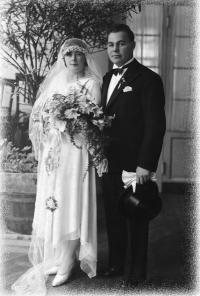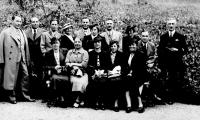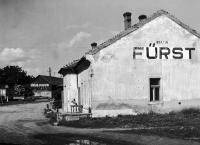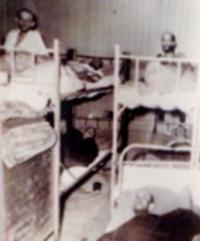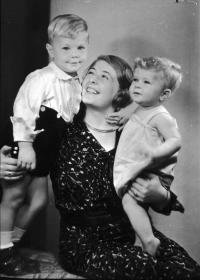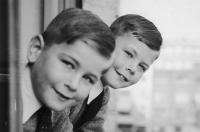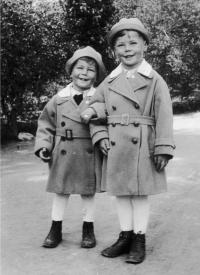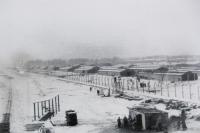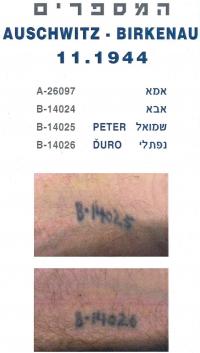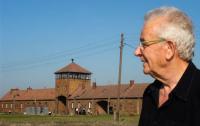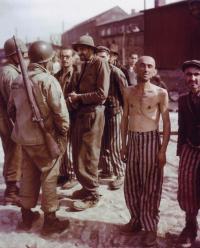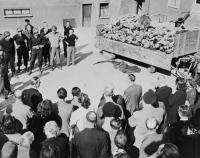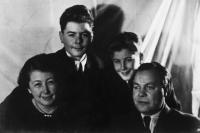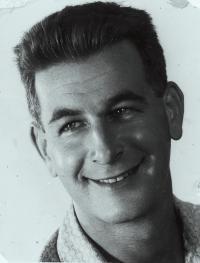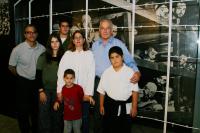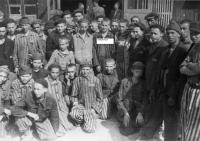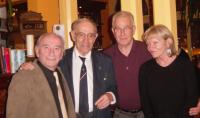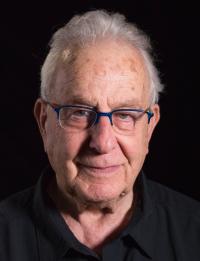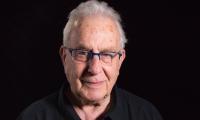Oslobodenia sa dočkal v táborovom bordeli

Stáhnout obrázek
Naftali Fürst sa narodil ako Juraj Fürst do rodiny petržalského drevára v roku 1933. Mal ešte staršieho brata Petra. Po vyhlásení Slovenského štátu sa rodina ukrývala, až kým sa otec rodiny nerozhodol dobrovoľne sa prihlásiť do tábora v Seredi, kde pracoval ako vedúci stolárskych dielní. Pred vypuknutím SNP sa rozhodli zo Serede ujsť. Po príchode nemeckých vojsk bola rodina zatknutá a rozdelená. Stretli sa opäť až v Seredi pod vedením Aloisa Brunnera. Odtiaľ celú rodinu deportovali do Osvienčimu, kde deti opäť oddelili od rodičov. Juraj s bratom sa dostali do vedľajšieho tábora Budy, z ktorého neskôr prežili pochod smrti do Buchenwaldu. Tam Juraj ochorel a dožil sa oslobodenia v bordeli tábora Buchenwald. Po vojne sa rodina opäť stretla a Juraj emigroval do Izraela.
